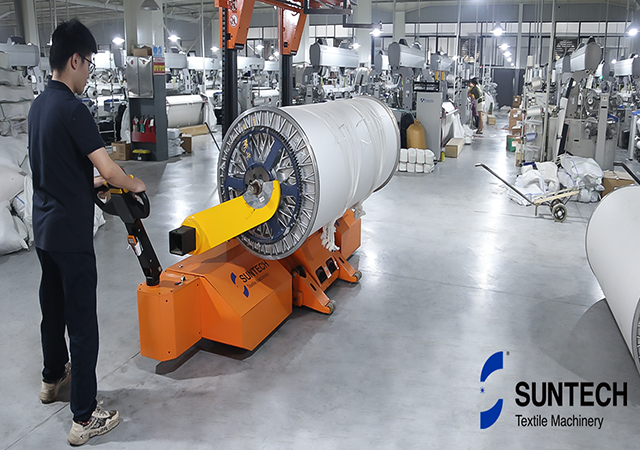I Events
In the face of stricter labor regulations and higher labor costs, European manufacturers are struggling to compete with foreign counterparts in providing large quantities of low-cost clothing to retailers. However, a shift in consumer behavior towards prioritizing quality over quantity could change this dynamic. Labor costs constitute only a small fraction of the final retail price, making this shift feasible.
Labor Costs in Retail Prices
Various studies have examined the impact of labor costs on retail prices. For example, Deloitte estimated that labor costs account for just 4% of the retail price of an average T-shirt in Australia. Similarly, a study by Public Eye on a Zara hoodie produced in Turkey priced at 25 euros supported this finding. Maintaining current tax rates and markups, a threefold increase in labor costs would result in a 16.5% rise in retail prices, and a fivefold increase would lead to a 32.7% rise. To keep overall clothing expenditure stable, European consumers would need to reduce their purchasing volume by 14% to 25%, effectively returning to early 2000s purchasing habits.The Case for Quality and Environmental Sustainability
Adjusting to a balance between quality and quantity has significant environmental and business benefits. This approach aligns with the European Commission's "zero waste hierarchy," prioritizing waste prevention. Italy exemplifies this model with its textile industry, which has only seen a 26% decrease in output since 1991, compared to much steeper declines in France and Germany. Italian consumers' preference for quality and locally manufactured goods has helped sustain the industry. Italy’s major clothing chains, such as Calzedonia and Max Mara, blend local and international manufacturing, maintaining a high household spending rate on clothing and footwear.Strategies for Sustainable Consumer Behavior
Non-governmental organizations and trade associations play a vital role in promoting sustainable consumption. They focus on increasing consumer awareness of the environmental impacts of fashion and improving transparency to guide consumers toward sustainable choices. A 10% reduction in clothing imports for Germany and France, for instance, could result in an 8% increase in turnover for European manufacturers, boosting local production.Carbon Taxes and Competitive Challenges
The effectiveness of carbon taxes in giving a competitive edge to greener manufacturers remains debated. The integrated nature of the textile supply chain, with heavy reliance on imported raw materials, means that carbon adjustment taxes could raise costs for European manufacturers, potentially reducing their competitiveness. However, mechanisms to mitigate these impacts while promoting environmental goals are crucial.

Innovation in Textile Manufacturing
As traditional manufacturing models become outdated, adopting mechanized and intelligent production methods is necessary to improve efficiency, conserve resources, and reduce pollution. One critical area is the textile warehousing and transportation segment, which heavily influences distribution efficiency and labor costs.SUNTECH's Technological Solutions
SUNTECH, with five decades of experience, has developed advanced electric warp beam lift trolleys with harness mounting devices. These innovations streamline the loading and transportation of warp and cloth beams, significantly reducing labor intensity and costs while improving efficiency and product quality. SUNTECH’s solutions have been implemented globally, with substantial feedback indicating a 50% increase in handling efficiency and over 60% savings in labor and costs, translating to annual savings of hundreds of thousands of dollars.SUNTECH’s Motorized Beam Trolleys feature:
- Maintenance-free gel battery.
- Smooth electronic pulse steering for start and stop.
- Automatic lateral support roller expansion.
- Fast, automatic warp beam lifting.
- Parallel guide rails for upper loom frame devices.
- Balanced warp beam hanging arms for uniform tension.
- These features make SUNTECH’s equipment ideal for handling large quantities of textile products efficiently, reducing labor costs, and enhancing profitability in the textile industry.




